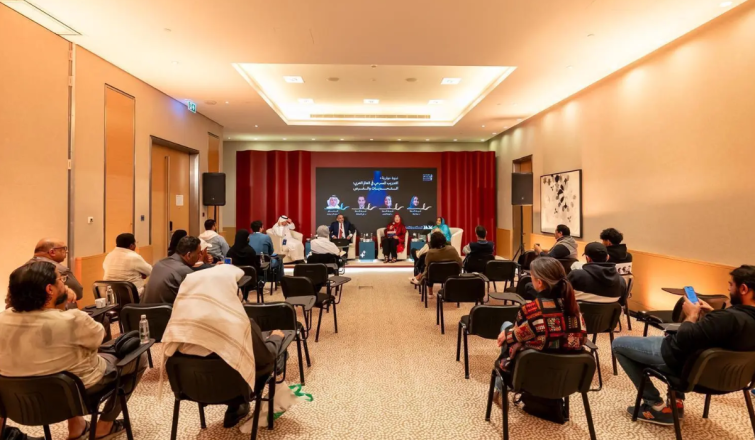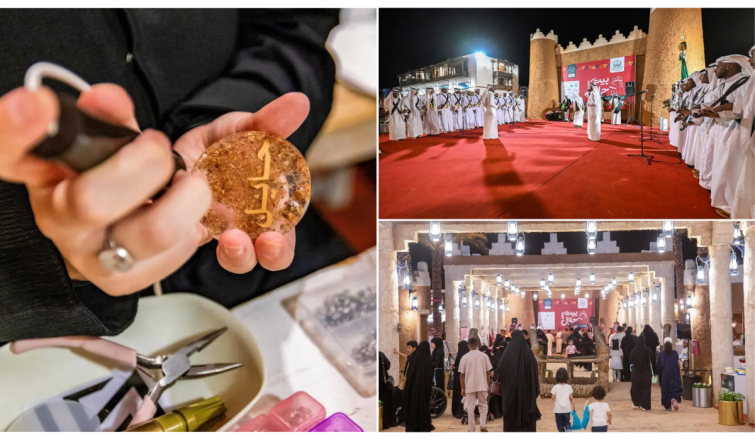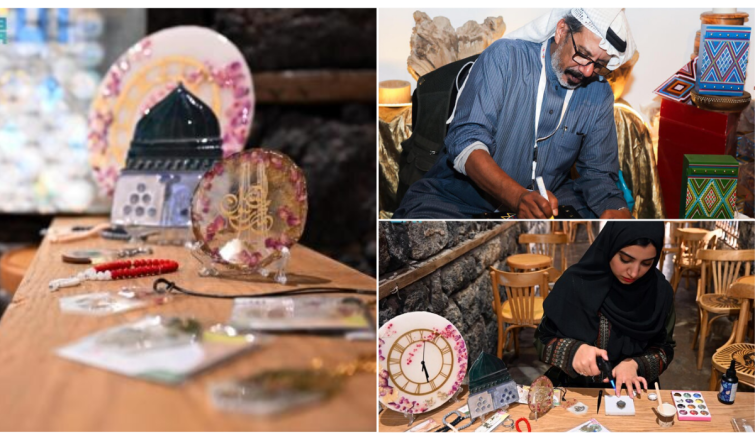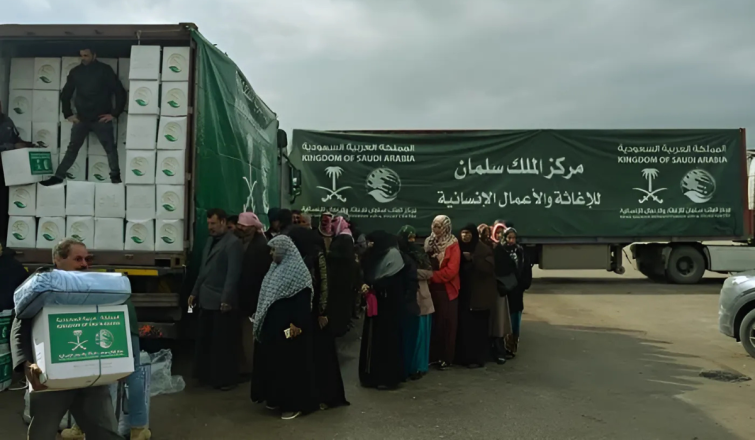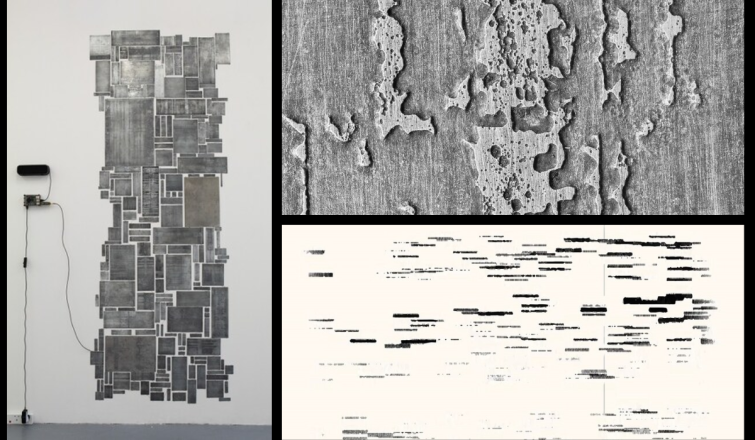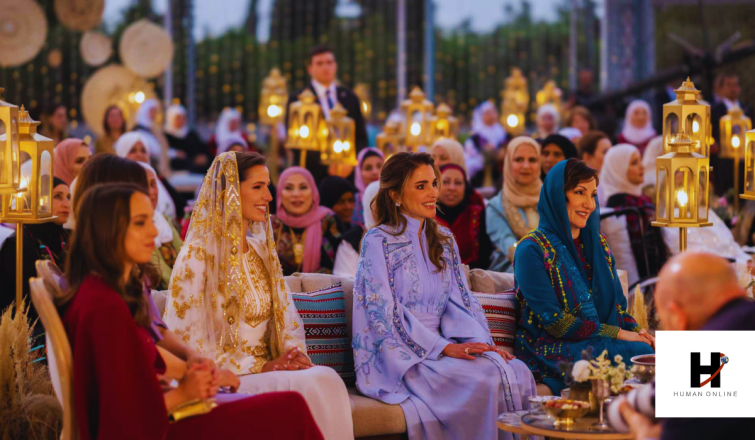In the past years, the Middle East came across some complications in theater training, and a recently held symposium in Riyadh aimed at solving these problems. The meeting brought together industry practitioners, educators, and students who were able to discuss means of modernizing teaching, infrastructure, and ways to better support new talent. Theater practices within Riyadh have always been grasped with a disoriented training practice that barely meets the evolving standards of the arts industry, although sitting on a rich history and culture of the industry. The related discussions of the symposium were largely about how best to combine those existing traditional practices with the newer and more contemporary trends in performance styles, so that those students who are going to become actors and directors are adequately educated to perform well on the local markets and even abroad.
One of the essential issues discussed during the support was how to effectively combine technology and art together and have it taught to students. It was emphasized that digital tools such as virtual stages and motion capture technology should be added to students’ curricula in order for them to fit in the future of entertainment. This shift is viewed as a prerequisite for narrowing the gap between traditional approaches and innovations of today. Other than technology advancements, the symposium discussed the need to advocate for the nurturing of diversity and inclusivity in theater training for students. The speakers talked about the relevance of theater programs that seek for other ethnicities, gender, and disabled people to make use of the stage and tell a variety of stories. Another significant area of concern was the lack of career opportunities for the graduates. The participants urged the necessity of bringing educators in synch with theaters and production companies to widen the opportunities for theater graduates. Collaboration could be useful in narrowing the gap between education and employment and offering young artists practical experience which complements their academic learning.
There was also an examination of how the regions could work together on theater arts education. The experts argued that countries in the region try to pool their resources, organize joint training sessions and borderless activities so as to improve the arts sector in its entirety. Such concerted efforts might change the status of the theater industry in the region and make it competitive internationally. In conclusion, the symposium in Riyadh opened up avenues for conversation for the challenges and solutions to the issues regarding educators in theater. The hope remains that through unity, creativity, and most importantly, improvement of education in the region, the theater will grow into something beautiful and advanced.

